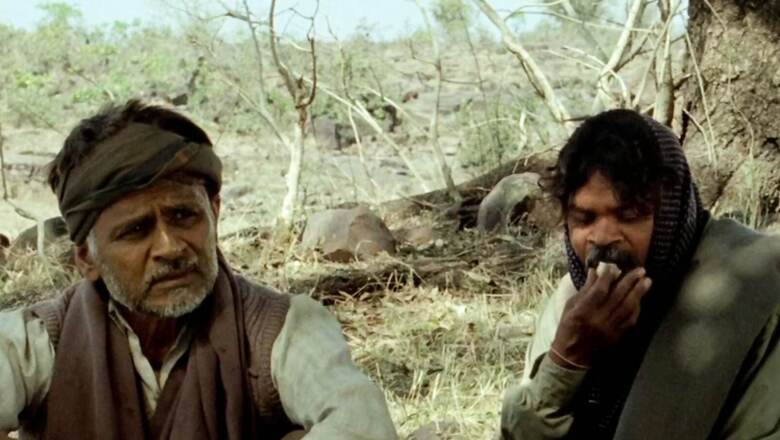
views
If you talk to the people either in cities, towns, qasbas, or villages, many of them will say, “Bahut mehangai hai (There is steep inflation).” Many of them may narrate their emerging crises: “Kaam-dhandha hai nahi, mehangai badhti ja rahi hai (No work, but prices of things are shooting up). In the song from the 2010 film Peepli Live, one may hear the narrative of a large section of people. One can easily understand that Mehangai Dayain (Witch of inflation) is growing bigger in the experiences and chronicles of our everyday life.
It is true that inflation impacts our lives in a big way. It is considered a reality, but even then, the narrative based on this reality is constantly failing to mobilise people electorally and politically. In various elections held in states and at the Centre, the issue of mehangai could not help the opposition defeat the Bharatiya Janata Party.
The BJP is in power at the Centre and in 17 states of the country. In the assembly elections held in Bihar and Uttar Pradesh, the main narrative that the opposition framed and propagated was based on a critique of rising inflation in India. The opposition parties planned their electoral discourse, such as framing slogans and organising rallies and public speeches, keeping inflation as the kernel. But in both these elections, the opposition lost the battle. So, the question is, why a harsh reality of life is not able to electorally mobilise people? Why is it not able to touch their hearts?
What I observe is that inflation has no similar impact on everyone. The rich, middle class and poor receive the arguments about inflation in their own ways. It’s true that most people have a similar narrative about inflation, but it may or may not influence the political choice of everyone in the same way. The rich, upper-middle-class, and lower-middle-class experience inflation in their own ways and move to vote differently. Most of the time, due to various other reasons such as caste, religious identities, issues of security and law and order, their political choices get reshaped. Identities still move us more effectively than economic issues.
Secondly, everyday social relations, competitive jealousies, various kinds of newly emerged dominance, and the rise of new power structures of the rural classes and castes determine our political choices more in comparison to any grand narrative such as mehangai, etc. In Uttar Pradesh villages during the assembly elections this year, it was evident that a large section of the people was happy with Yogi Adityanath’s bulldozing of mafia and criminals among “topiwalas and lungiwalas (Yadavs and Muslims)” and the BJP strategy of developing electoral discourse on these lines. The BJP slogan of “suraksha”, meaning taking action against mafias and criminals in a broader framework, resonated in this year’s UP assembly election.
Secondly, government schemes for the poor such as free ration, various kinds of direct benefit transfers as support, pension schemes, medical support schemes, etc, diluted the impact of mehangai on the poor, largely rural poor. So, the experience of mehangai for the poor was not the same, as it was for the middle class.
So, the multiple experiences of inflation fractured the impact of mehangai into various pieces. The opposition is not able to understand the multiple experiences of inflation of the people and how the BJP’s efforts to push forward other attractive narratives are causing the electoral failure of the opposition-produced grand narrative. Without taking lessons from the past, many political observers assess that the opposition again is going to use price rise as the main narrative in the coming Gujarat and Himachal Pradesh elections. It becomes more clear when we observe how the Congress is making inflation the centre of its recently started Bharat Jodo Yatra.
In the case of Gujarat, inflation as a poll issue may not work well because Hindutva consciousness is prevalent among a large section of the people there, and that may create a check on the electoral influence of issues like price rise. Secondly, Prime Minister Narendra Modi has emerged as an icon and pride for the state, and that pride may dilute the impact of many other issues which the opposition may highlight. Thirdly, heterogeneity in the experiences of inflation among various sections of people, the impact of government-led social support schemes such as free ration, direct benefit transfer, pension schemes, and free medical support may dilute the assumed influence of inflation in the coming elections of Gujarat and also in Himachal Pradesh.
The writer is Professor and Director at GB Pant Social Science Institute, Prayagraj, and author of ‘Republic of Hindutva’. The views expressed in this article are those of the author and do not represent the stand of this publication.
Read all the Latest Opinion News and Breaking News here




















Comments
0 comment